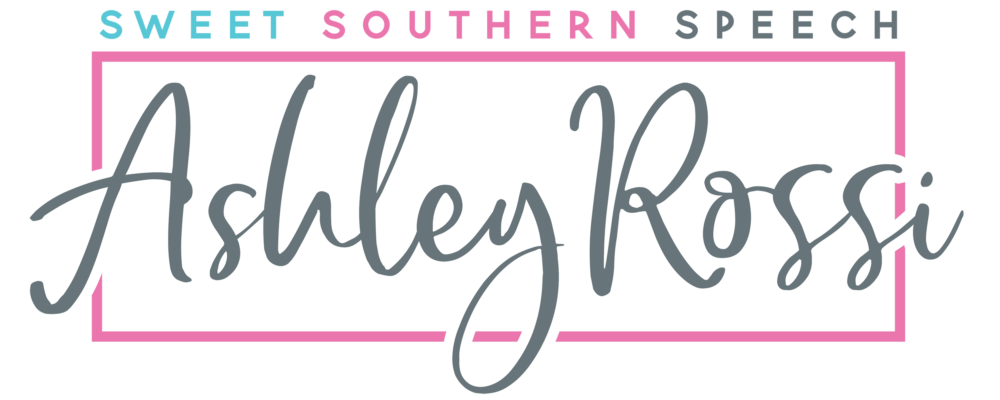How to Assess Phonological Awareness – Episode 25

As SLPs, we’re responsible for assessing language and sounds. Back in Episode 20, we discussed narrative assessment, which is the language side of literacy. But in today’s episode, we’re going to focus on decoding, which has to do with sounds. More specifically, we’re going to discuss how to assess phonological awareness, why it needs to be assessed, and the benchmarks to look for.
With phonological awareness, there’s a lot of confusion, so we provide an overview and define it as an individual’s awareness of their sound structure of a spoken word. Part of our role as a SLP is to facilitate a student’s literacy and language development, so we also highlight the various evaluations we do to assess phonological awareness.
Topics Discussed:
- An overview of phonological awareness, what to look for in assessments, and how it fits in narrative and language assessments
- The age students start understanding sounds and the grade when their phonological awareness should be fully developed
- Research that links a deficit in phonological awareness to poor reading achievement
- A SLP’s role and the various evaluations they give for phonological assessments
Resources mentioned:
- Episode 20, How to Assess Narrative Language
- “A Comparison of Early Literacy Skills in Children with Specific Language Impairment and Their Typically Developing Peers” Article
- “Prevention and Remediation of Severe Reading Disabilities: Keeping the End in Mind” Article
- Foundations of Reading Acquisition and Dyslexia: Implications for Early Intervention Book
- Speech Therapy Book Companions Bundle – with phonological analysis
- Follow us on Instagram @literacybasedspeechtherapy.
- Write your review on Apple Podcasts!
The Literacy-Based Speech Podcast
Do you want to use picture books more in your speech therapy sessions, but have no idea where to start? OR are you already using books in therapy but find it time-consuming to find the RIGHT book and identify relevant speech and language concepts?
You’re in the right place! The Literacy-Based Speech Podcast will help you feel confident in your book choices and instructional decisions. We’ll give you the tools you need to intentionally maximize your sessions!


Meet Your Hosts
Join co-hosts Ashley and Kalin from Sweet Southern Speech each week as they share evidence-based and SLP-approved strategies to use picture books more efficiently and effectively in your speech therapy sessions.





